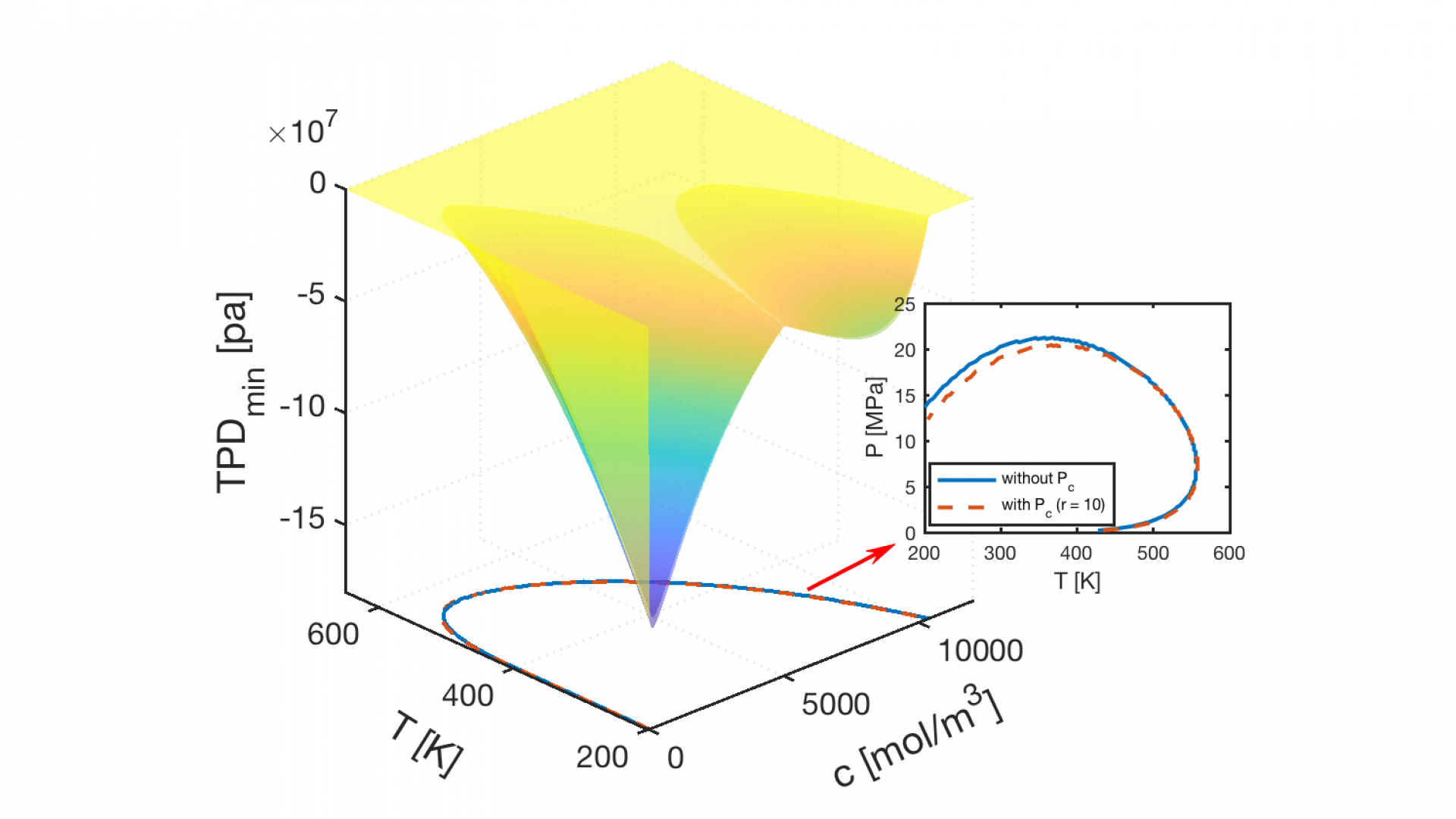Multiphase flows in geological formation are often needed to be solved numerically in reservoir engineering, as the subsurface oil and gas reservoirs typically contain multiple phases and multiple chemical species with complex phase behaviors. Flash calculation, a computational step to predict equilibrium properties of each phase for a given fluid mixture going through phase splitting, is a key step priori to multiphase flow simulation as the thermodynamic properties of the target mixture at the equilibrium sate, such as composition, densities and total phase amount, play a crucial role in designing physically-meaningful models and stable algorithms. The petroleum industry is increasingly requiring a reliable and efficient flash calculation method to handle the realistic reservoir fluid mixture containing hundreds of components, which challenges the previous methods and calls for a more efficient acceleration approach. Despite the suitability and necessity of developing deep learning-based methods in this field and their potential applications, limited attempts have been made on developing deep learning methods for accelerating flash calculation. Furthermore, all of the existing machine learning methods assume a fixed and given number of components in the mixture, which makes such models to be practically useless. In this project, we propose to develop the first self-adaptive deep learning method for general flash calculation, which can quantitatively predict the total phase amount in the mixture and related thermodynamic properties at equilibrium for various realistic reservoir fluids with a large number of compositions under different environment conditions. This research will overcome the previous component limitation of current machine learning methods used in flash calculation. By generating a larger dataset of more components and advanced network structures, our trained network can be extensively used to accelerate flash calculation for various realistic reservoir fluids.
Investigator:


